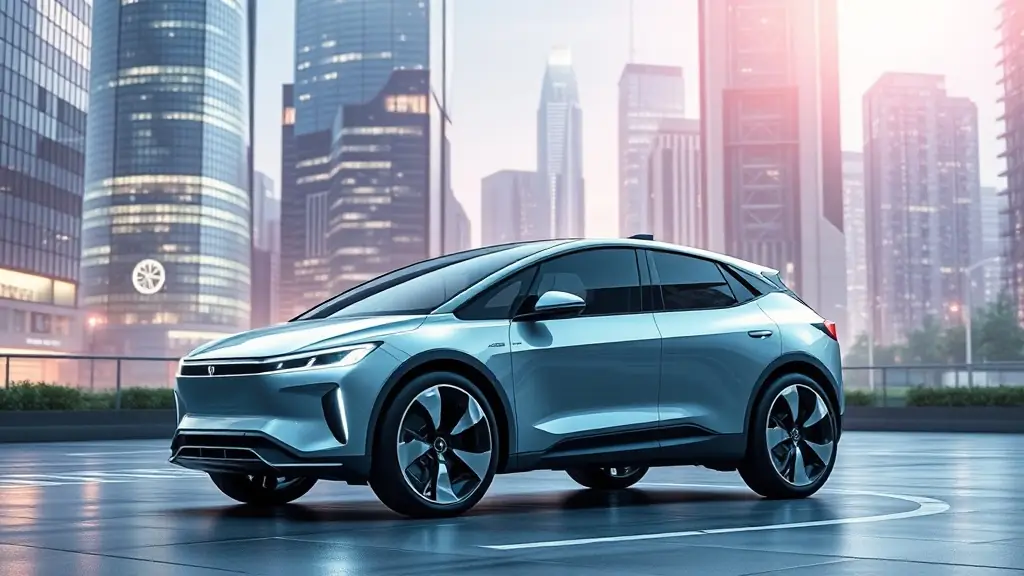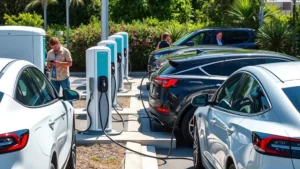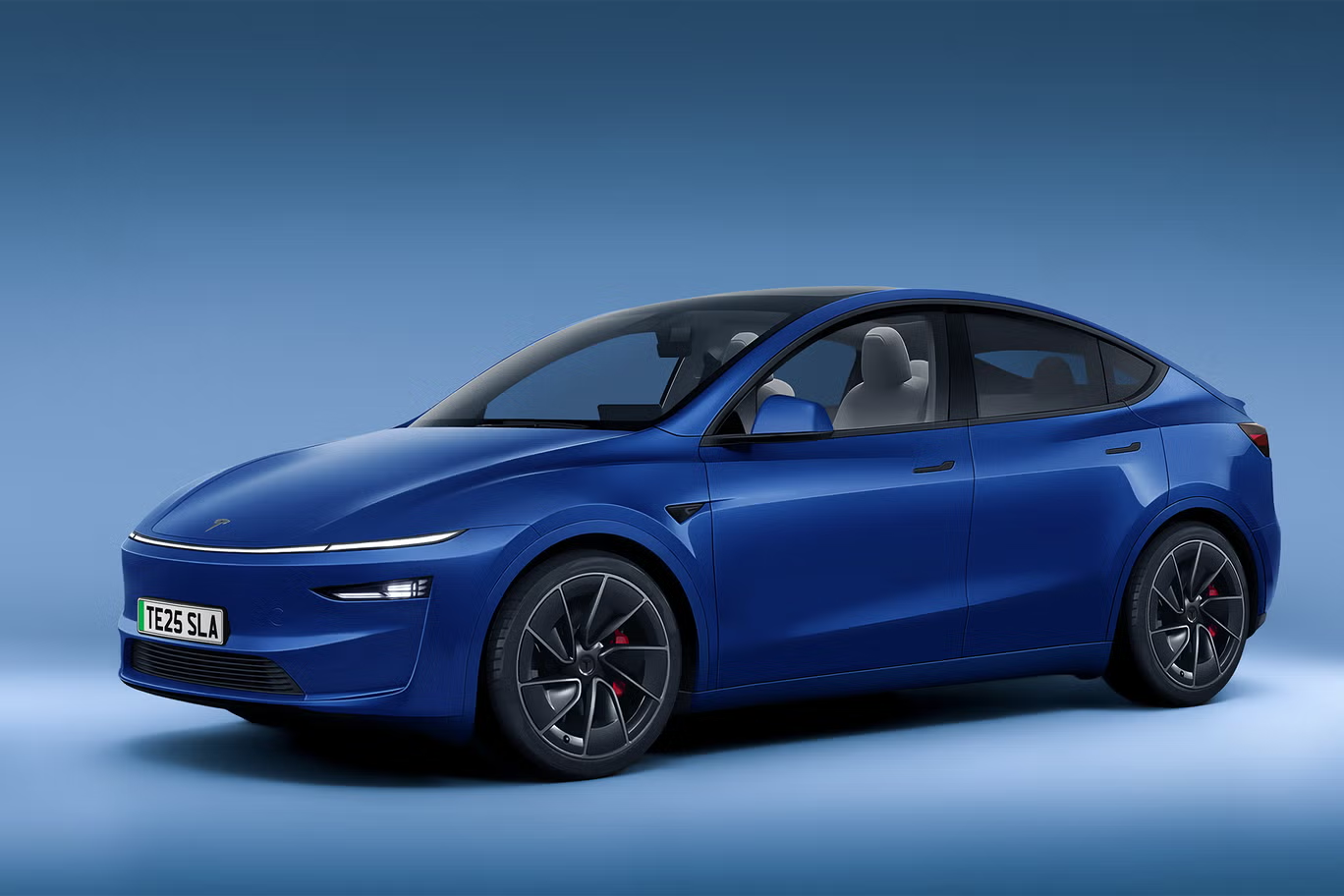The electric vehicle industry is rapidly evolving, with new technologies emerging that promise to enhance performance and user experience. One of the most exciting trends is the development of solid-state batteries, which offer higher energy density and faster charging times compared to traditional lithium-ion batteries. This innovation could significantly extend the range of electric vehicles and reduce charging times, making them more appealing to consumers. As research continues, we can expect to see these advancements become mainstream in the coming years.
Another trend to watch is the integration of smart technology into electric vehicles. Features such as advanced driver-assistance systems (ADAS), connectivity, and autonomous driving capabilities are becoming increasingly common. These technologies not only improve safety but also enhance the overall driving experience. As electric vehicles become more connected, they will be able to communicate with charging stations, traffic systems, and even other vehicles, creating a more efficient transportation ecosystem.
Finally, the rise of shared mobility services is likely to impact the electric vehicle market. As more people opt for car-sharing and ride-hailing services, the demand for electric vehicles in these sectors is expected to grow. Companies are already investing in electric fleets to meet this demand, and as infrastructure improves, we may see a significant shift towards electric vehicles in shared mobility. The future of electric vehicles is bright, and these trends will play a crucial role in shaping the industry.




